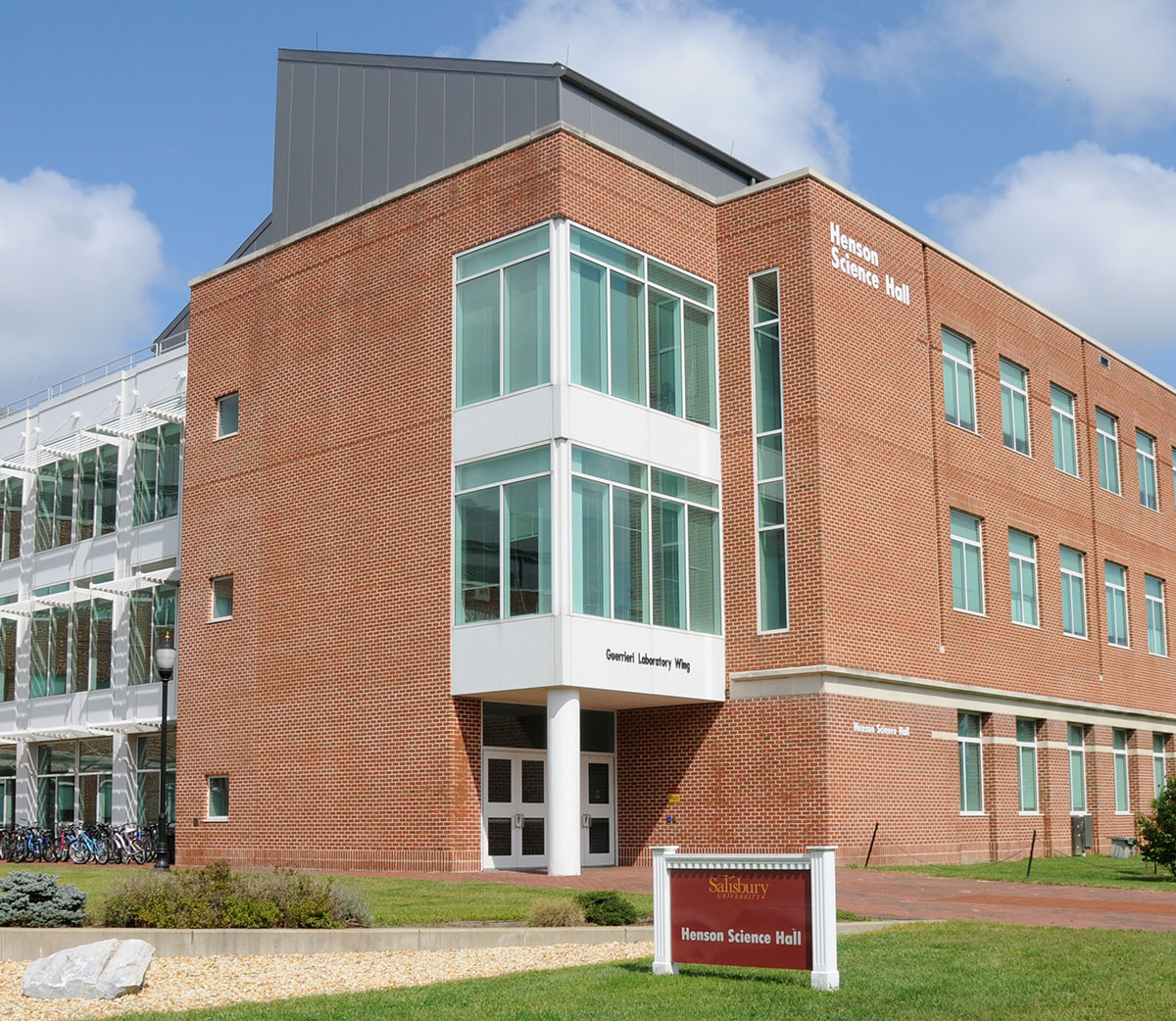SU, UMES Renew Partnership for Dual-Degree Program in Physics and Engineering
 SALISBURY, MD---Salisbury University and the University of Maryland Eastern Shore have renewed an academic partnership allowing students to earn two degrees in only four and a half years.
SALISBURY, MD---Salisbury University and the University of Maryland Eastern Shore have renewed an academic partnership allowing students to earn two degrees in only four and a half years.
The dual-degree program in physics and engineering will streamline instruction, allowing students to attend SU for three academic years as physics majors, then transfer to UMES for the remaining year and a half as engineering majors, condensed from the initial two years required.
“This dual degree will allow students to stay local, and attend two top-notch programs with small class sizes and outstanding faculty for a significantly lower cost,” said Dr. Michael Scott, dean of SU’s Henson School of Science and Technology. “With the science, technology, engineering and mathematics (STEM) field constantly growing, this partnership allows the Eastern Shore to remain a competitive choice for prospective students.”
Upon completion of all SU requirements, students will graduate early with a B.S. in physics and, after admission to UMES and completion of required credits, a B.S. in engineering.
“UMES’ engineering program is the only peer-accredited program on the Eastern Shore of Maryland and Virginia,” said Dr. Derrek Dunn, dean of UMES’s School of Business and Technology. “So, we are proud to work with SU to ensure there are enough trained engineers to supply the workforce needs of the Delmarva Peninsula.”
“SU has an excellent physics program,” said Scott. “I would strongly recommend physics students who find themselves interested in a career in engineering to consider this opportunity to continue their education in a fraction of the time.”
According to data from the American Institute of Physics, in 2018 SU graduated the second- highest number of recipients of bachelor’s degrees in physics in Maryland. SU has been among the top five in this category for four consecutive years.
UMES offers an ABET-accredited, four-year general engineering degree with four specializations: aerospace, computer, electrical and mechanical.
“The new agreement is a significant improvement over the previous pilot agreement established in 2017,” Dunn said. “Under the previous agreement, SU students would spend two years at UMES to earn a Bachelor of Science degree in engineering.”
The first cohort of students to graduate from UMES with engineering credentials was in the spring of 2019 and all have joined the engineering profession, Dunn noted.
“The updated agreement was designed to facilitating an early engagement and advising of students and streamlining the general education credits that transfer,” Dunn said. “Consequently, SU students will start taking a core engineering course at UMES in the spring semester of their third year at SU, and then transfer to UMES’ engineering program for another three semesters to complete their engineering degrees.”
Students in the dual physics and engineering program also will have the opportunity to apply for a new paid summer internship with NASA’s Wallops Flight Facility on the Eastern Shore of Virginia.
Collaboration between UMES and SU faculties in crafting complementary academic agreements dates back to 1990, when the two institutions created a rigorous dual-degree program in sociology and social work. That long-standing program since has been followed by two more dual-degree options for undergraduates: environmental science (UMES) and biology (SU), as well as a cooperative undergraduate/professional program in chemistry (SU) and UMES’ pharmacy program.
For more information visit the SU Physics Department website and the UMES Engineering Department website.
